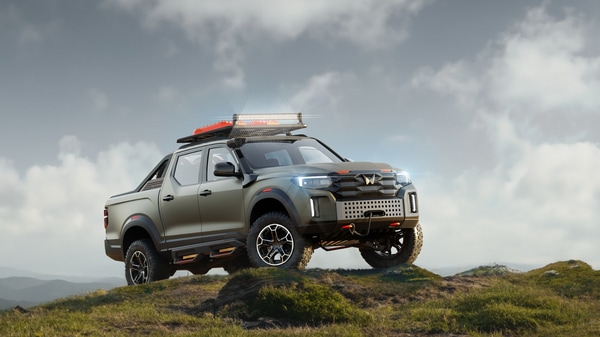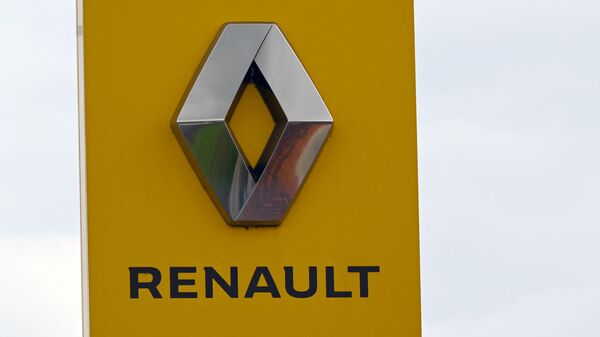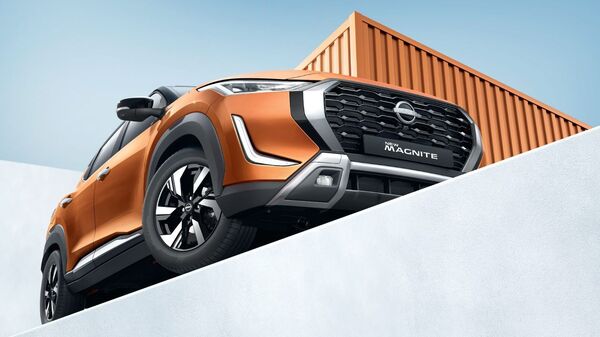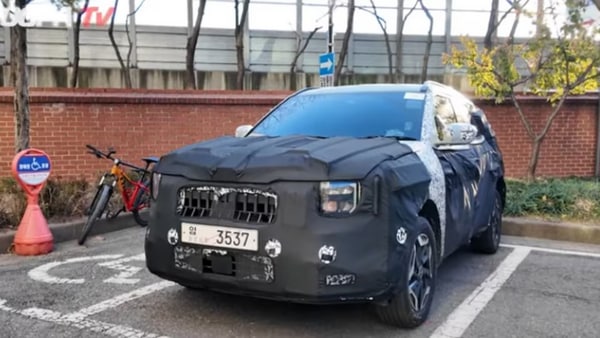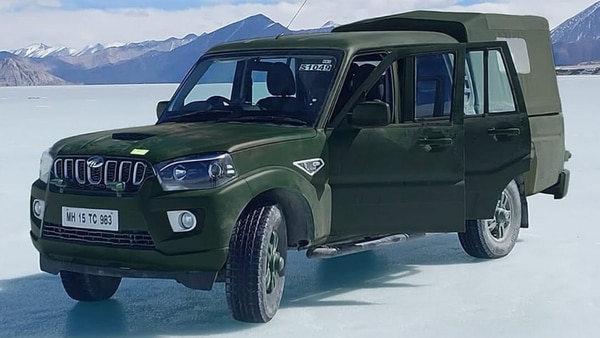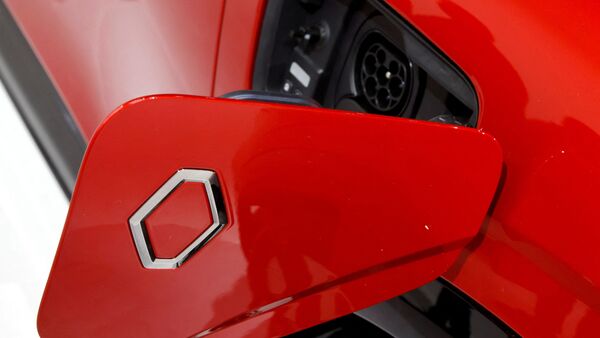
Smaller cities lead electric vehicle charge in India. Check details
7 months ago | 80 Views
While the global electric vehicle market faces headwinds, India has charted an independent course. EV sales of the country have shown great resilience and defied slowdowns evident in other key markets. What is most interesting is that growth has increasingly been concentrated in India's second-tier cities.
EV growth driven by tier-II cities
Contrary to expectations, fast-emerging new pockets for EV adoption in India are its smaller cities. For the second year in a row, electric two-wheeler sales outsell those in big metropolitan hubs like Bengaluru, Delhi, Mumbai, and Chennai. More surprisingly, Surat in Gujarat has crossed Ahmedabad when it comes to EV sales, according to a report by Bloomberg.
The case of the electric car segment is the same. Tier-II cities have seen a surge in sales, with state capitals leading the charge. These cities have an enabling environment for EV growth, characterised by a growing auto market, increasing urban population and strategic investment from automakers.
Automakers are, hence, expanding their dealership network vigorously to tier-II cities. Ola Electric, Ather Energy and Tata Motors have been some of the key players who are now fast building out their presence in such regions. Accessibility would, hence be a lesser problem in fuelling EV adoption.
Independence from subsidy, affordable options
Interestingly, India's EV growth is becoming less dependent on subsidies. Many states have already exhausted their subsidy budgets, yet sales continue to climb. This indicates that there is a maturing of the market for EVs where consumers are making purchasing decisions based on factors beyond financial incentives.
Growth drivers have been helped by the availability of more affordable models in the EV market, especially within the compact SUV and hatchback segments. Carmakers here have been able to vie for consumer tastes with very competitive prices and feature packages.
Challenges and opportunities
Challenges persist whilst the trend is promising. Policy action on electric two-wheelers would be paramount, particularly for small cities where incomes are lower. Equally, a public charging network commensurate with the rapidly growing EV market is needed to alleviate range anxiety concerns.
Though on the roadmap to go green, India's progress cannot be overestimated with respect to tier-II cities. Policymakers and industry stakeholders can definitely fast-track the pace of the journey of the country toward sustainable mobility only if they provide an enabling ecosystem that facilitates EV adoption.
The success of the Indian EV market mirrors the potential the country holds in leading the global charge into electric mobility. While the world is watching, it is India's tier-II cities that have turned out to become the new frontier of EV innovation and growth.
Read Also: Bajaj Freedom 125 CNG bike goes on sale in Delhi-NCR after Maharashtra & Gujarat
#

